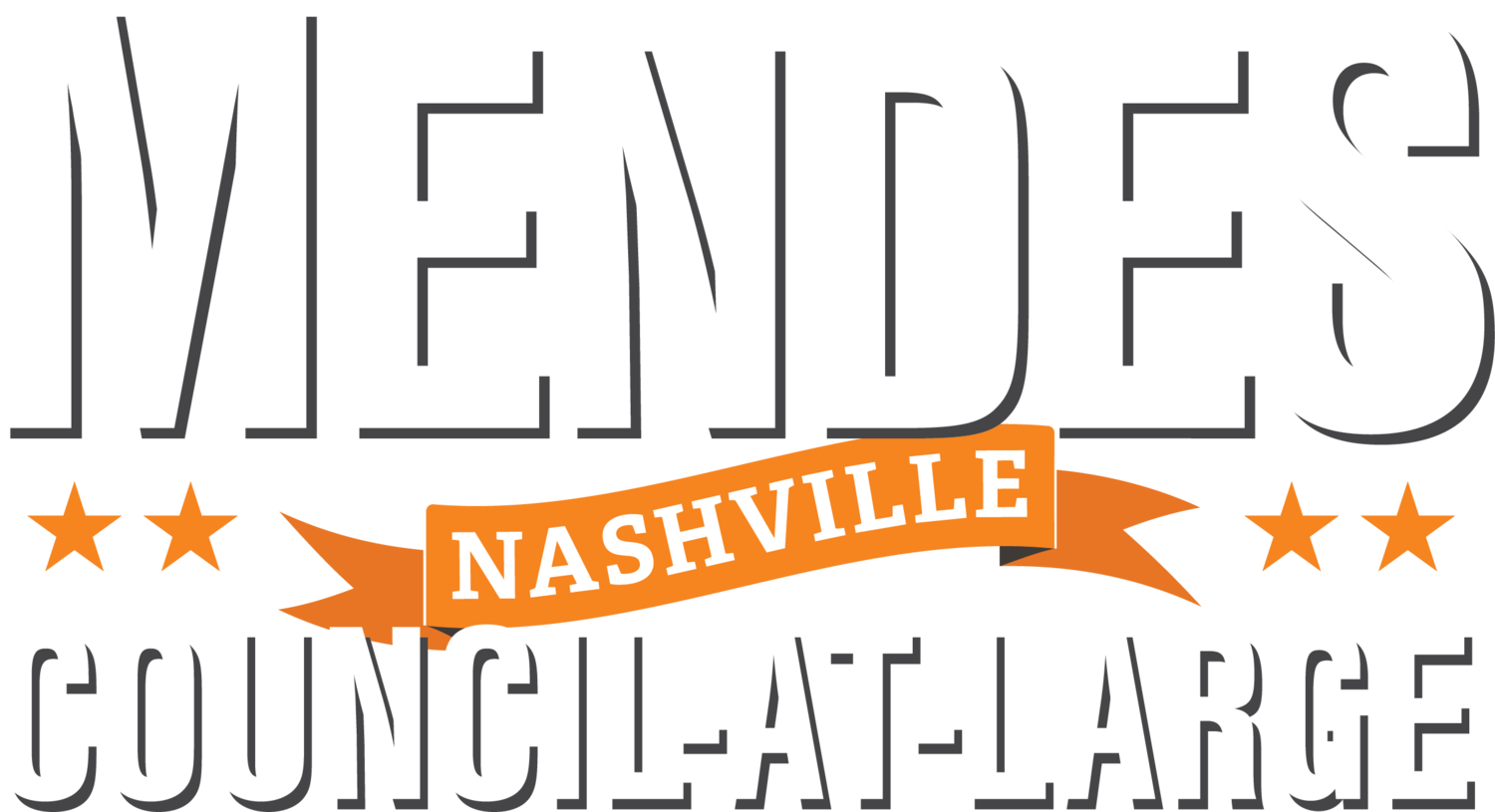Is East Bank development separate from a new stadium?
There is lots of talk this week about the cost of building the infrastructure for a new East Bank neighborhood. The talk is being driven by last Friday’s release of the Mayor’s proposal annual Capital Improvements Budget, or CIB. As cataloged today in the Nashville Business Journal (by subscription), the CIB includes $769 million of East Bank infrastructure projects (not including a stadium). My sense is that the administration is working hard this week to sell the argument that this spending is NOT related to the cost of a new stadium. Let’s unpack that a little.
The starting point is to understand that every version of the financing for a renovated or new stadium requires robust new sales tax revenue from the 130 acres around the stadium and any related parking. The state passed a law in 2021 that locks in this use of Metro and state sales tax dollars. You can see more details about the 2021 state law requiring the use of Metro sales tax dollars here.
It would be odd to build a new neighborhood strictly limited to the stadium, plus parking, plus 130 acres. So Metro Planning has been working on a larger 338 acre area of the East Bank. When the 130 acre stadium sales tax capture area is finally drawn, it will be within the larger 338 acre area that Planning is working on. When the planning is done, we can expect that the large sales tax generating uses (like hotels, bars, restaurants, etc.) will be located closer to the stadium. This is likely desirable from a design perspective, and importantly will have the impact of pushing high sales tax volume into the 130 acre capture zone created by state law.
As the Business Journal notes, in order to lay the groundwork for the extended East Bank neighborhood, there is $769 million of East Bank projects in the CIB — this does not include the stadium at all. I understand that the administration is arguing this week that this spending is not related to the stadium and it is going to happen, or should happen, regardless of what happens with the football stadium.
A critic might argue that this is a reactionary argument by an administration trying to explain a massive investment to build a new neighborhood from scratch. We know there is an absolute need to build sales tax generating assets in a 130 acre footprint surrounding the stadium and any on-site parking. In order to make the sales tax generating assets in the 130 acres work, it stands to reason that you need people and businesses nearby in the broader area. Who wants to stay at a hotel surrounded by nothing when you can stay at a hotel surrounded by 338 acres of Nashville cool?
I would argue that planners need the extended 338 acres to be developed fully in order to increase the likelihood that the sales tax generating assets in the 130 acres provide the desired funding for the stadium. Because of this, I have a hard time separating East Bank development from stadium development.
From what I’ve been hearing since the end of last week, I’m expecting the administration to lean harder into their argument that all of the East Bank infrastructure expense is separate from stadium-related expenses. I’ll be interested to see if they can sell this to the public.
